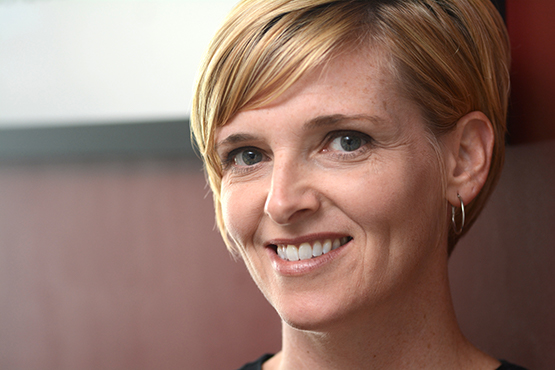If you’ve ever thought “my mom has Alzheimer’s, what’s next for me?”, then you need to keep reading. There is nothing more difficult than to watch your loved one suffer from and then die from Alzheimer’s Disease, or more anxiety provoking than wondering if you will end up with Alzheimer’s in your future. Well, the risk is real. If you have a first degree relative that has suffered from Alzheimer’s Disease, then you are at 3.5 times greater risk than those with no family history. Even aunts, uncles, and grandparents affected puts you at greater risk.
What can you do today if you are at risk for developing Alzheimer’s? First of all, you can know how Alzheimer’s affects your brain and then you can understand what you can do about it.
What is Alzheimer’s Disease? Science shows that Alzheimer’s is degeneration of brain cells that leads to a premature slowing of your brain signals. As we age, all of our brains are slowing down, in Alzheimer’s, that slowing begins early and happens too quickly. This leads to memory problems, slower thinking, and ultimately early cognitive decline that can have a drastic impact on you and your loved ones.
How do I know if my brain is showing early signs of Alzheimer’s Disease? If you have a family member with dementia or Alzheimer’s, it is wise to have your brain tested for early, increased slowing of your brain signals. A qEEG Brain Map can give you the information you need to determine your next steps in preventing the onset and progression of dementia-related challenges. If your brain is slowing too much, too soon, don’t worry, there are brain-based therapies to speed your brain back up as you age.
How can I prevent Alzheimer’s Disease? If your brain shows increased, early slowing, Neurofeedback Therapy has been proven by science* to increase volume and usage of brain cells, making them work better. Neurofeedback also improves the speed of your brain signals to improve memory and thinking to keep your quality of life at its fullest, giving you a longer, healthier, happier life. Make sure to seek out a highly trained doctor to provide specific therapy for you. (*check it out at leighbrainandspine.com/the science)
What are the Risk Factors for Alzheimer’s Disease? Dr. Daniel Amen, renowned Brain specialist and esteemed mentor, lists the risk factors using the acronym BRIGHT MINDS.
(1) Blood Flow – (2) Retirement /Aging – (3) Inflammation – (4) Genetics – (5) Head Trauma – (6) Toxins – (7) Mental Health Issues – (8) Immunity / Infection – (9) Neurohormone Deficiencies – (10) Diabetes / Obesity – (11) Sleep Issues
If you have any of these risk factors in your life, it is wise to have your brain functioning evaluated using qEEG Brain Mapping by a trained professional.
How to reduce the genetic risk of Alzheimer’s Disease? Here are some tips to start early to ward of dementia so you can live a long healthy life filled with engaged thinking and memories. (1) Get your brain mapped early, by age 40, to see if your brain is starting to decline, (2) exercise, (3) engage in hobbies that involve new learning, (4) avoid head injury, (5) take nutritional supplements for your brain, (6) eat nutrient-rich foods, (7) avoid fatty and sugary foods to keep your brain healthy and rescue your thinking and memory.
—

Dr. Patricia Leigh is a Neurodevelopmentalist and specializes in helping children and adults overcome their struggles. Find out more: leighbrainandspine.com // (919) 401-9933
